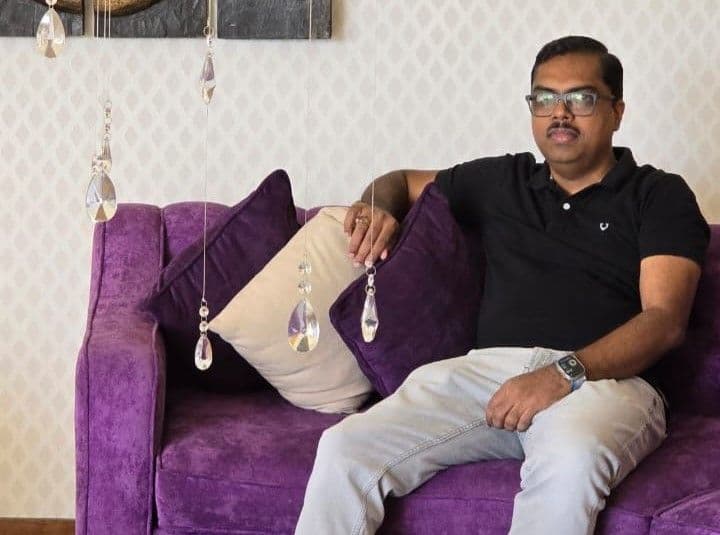
When I was a kid, there was a young man in our village whom I really looked up to. He wasn’t famous or special in any specific way. He lived just a few houses away, quiet and shy. Most people didn’t notice him unless they looked closely. He was good at studies, did what he was supposed to, and didn’t talk much.
But still, something about the way he stayed calm and quiet always made me curious. And then, one day, he was just gone. There was no goodbye. No one said he was leaving. He just disappeared.
No one talked about it anymore. The family avoided the topic and gave odd replies like, “He’s got a job somewhere,” or “He’s trying to figure out life in the city.” People felt something was off, but they didn’t question it.
Years went by. I finished school and got older. As I reached my twenties, I started asking myself big questions,
“What should I do with my life?”
“Why does everything feel so confusing?”
“What if I make the wrong choice or fail?”
And in those moments... I remembered him.
Between 21 and 23, life felt really hard. I was tired, lost, and didn’t know what to do next. One day, I suddenly thought of him. I wasn’t sure why, but I wanted to see him again. So I searched, found him, and we finally spoke after years.
That’s when I found out the truth: he hadn’t run away because he was lost. He left because he had found something bigger, a dream, a better life outside our small village.
He walked away from everything he knew to chase something most of us were too afraid to go after: a better life. He left behind a place where even the smartest people had no real chances. He wanted more, and he was brave enough to go find it.
People expected him to live a safe, normal life. They said, “Don’t dream too big.” Even his thoughts made him doubt himself. But he refused to give in. He wanted something more, and that’s what he chased.
He chose to go into the unknown to create a life of his own. Not because it was easy, but because it was the only way he could truly be free. That choice changed his life, and later, it changed mine too.
When I felt unsure of myself and scared to make decisions, he was the one who gave me the support I needed. He didn’t speak loudly or try to take control; he was calm, honest, and real.
He had faced the same kind of sadness and confusion I was feeling. He understood. During our deep talks late at night and early in the morning, he shared his love for technology. Bit by bit, he opened my eyes to a world I never knew I could be part of. Back then, I knew very little about it. But he never made me feel bad or dumb.He just helped me learn, slowly and kindly.
He made me believe that I could also find my own path in life. He didn’t just show me what success really looks like, but he gave me something even more important: he taught me to believe in myself, and that changed everything.
Now, when I look back, I see how special real guidance is. A mentor doesn’t have to be the most famous or successful person.
Sometimes, it’s someone who chose a different path in life, someone who quietly went away but came back to show you the way forward.
We often think mentors are people with big jobs and lots of awards. But real mentors aren’t always like that.
Sometimes, a real mentor is someone who sees your potential before you do. They don’t just tell you what to be; they help you learn how to grow and become your best self.
He played a big part in my journey. His story opened my eyes to new possibilities. The way he faced challenges with courage made me believe I could do the same.
If you have someone like that in your life, don’t let them go. Learn from them. Thank them.
Being a mentor means more than giving advice at times. A true mentor will stand by you no matter what happens. And believing in someone at the right time can change their life forever.
Who is the person who has guided you in life? How have they helped you become who you are today?
Tell me in the comments or send me a message, I’d love to hear your story.

Is Healthcare the Real Pain in Your Neck?

Transforming Healthcare: A Platform for Improved Outcomes

How My Family Trip Reminded Me of The Importance of Effective Leadership Skills
